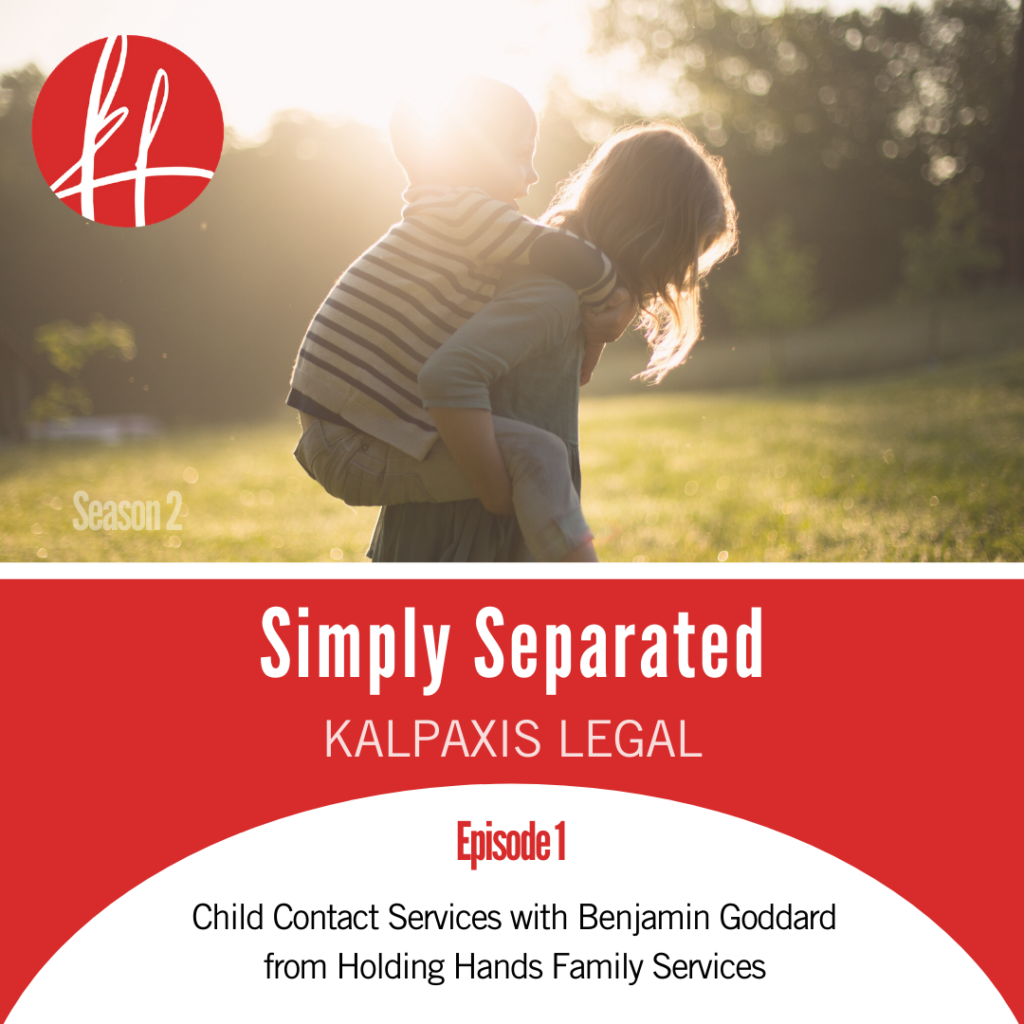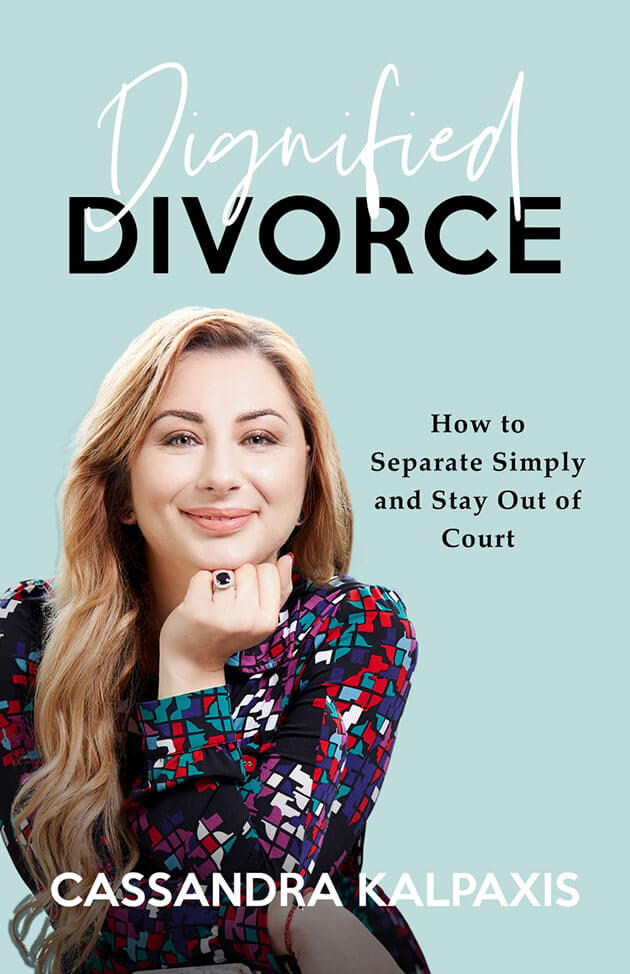[vc_row css_animation=”” row_type=”row” use_row_as_full_screen_section=”no” type=”full_width” angled_section=”no” text_align=”left” background_image_as_pattern=”without_pattern”][vc_column][vc_column_text]
Quite often, grandparents or other relative carers such as aunts or uncles can be caring or raising the children involved in family law proceedings. Regardless, other relatives can be concerned about a child’s safety, well-being or future interaction as a result of being involved in the family law system.
The Family Law Act 1975 (Cth) recognises that children have a right to maintain regular communication with those who are considered important to their welfare, care, and development. However, it is important to be aware that this does not necessarily mean that grandparents have an automatic right to have contact with the children.
The Family Law Act recognises the relationship children have with their grandparents.
Applying for court orders
In Family Law proceedings, as a grandparent, you could be wondering whether or not your grandchildren can live or spend time with you. You can use the section 65C of the Family Law Act to apply to court for orders that they can do so. Parenting orders can also be achieved by consent.
The Court would only grant this taking into account the paramount consideration, being, in the best interests of the child. Section 60CC of the Act details the factors taken into consideration when ascertaining the best interests of the child. These include the parents capacity in taking care of the child, or their unwillingness to care for the child, and so forth.
The Court will also look at:
- the views of the child
- the child’s relationship with parents and other relatives
- Each parent’s willingness and ability to facilitate and encourage a close and continuing relationship between the child and the other parent
- The effect of any change to the current situation on the child
- The practical difficulties and expenses involved in ‘spending time with’ and ‘communicating with’ a parent
- The maturity, sex, lifestyle and background of the child and parents
- If the child is Aboriginal or Torres Strait Islander
- Each parent’s attitude to the child and to parenting
- Any family violence
- The desirability of making the order that is least likely to lead to further court proceedings
- Any other circumstance the court thinks is relevant
Parenting plans
Grandparents can also be included in a parenting plan under section 63C of the Act. Parenting plans can deal with the person/s whom a child is to live with, time spent with another person, communication the child is to have with another person, and so forth.
Conferring parental responsibility
If the court determines that granting access for custody to the grandparent is in the child’s best interests, they may confer on the grandparent parental responsibility for that child. Parental responsibility in relation to a child, means all the duties, powers, responsibilities and authority which, by law, parents have in relation to children.
What if I’m being stopped from seeing my grandchildren?
- Obtain legal advice – You should get specific legal advice about your particular situation and what you can do. We can facilitate your inclusion in parenting orders relating to the welfare, care and development of the children in the matter. Contact us for a consult for further information.
- Dispute resolution – Aim to reach an agreement before taking it to court. Family Dispute Resolution is where an independent practitioner that is specifically trained in family matters explores issues, options and solutions. This is also called mediation. Depending on how successful your mediation session goes, you can lodge your Parenting Plan or Consent Orders with the Court.
- Make an application to the Court – After lodging the compulsory certificate from an accredited family dispute resolution practitioner (or if you’re exempt), you can lodge an application to the Court. Please ensure you have obtained proper legal advice before doing so as the process can be complex. We can advise you of routes you can take and the implications of doing so.
The Children and Young Persons (Care and Protection Act)
There can be instances when it is necessary to intervene to protect a child or young person from neglect or abuse. These matters are heard in the Children’s Court and differ from Family Law proceedings. However, they can be enforced as an order of the Family Court.
Who are Family and Community Services (FACS)?
FACS is the NSW Government’s Child Protection agency that support families to look after their children. They take into consideration a child’s safety, welfare and well-being. As a grandparent, you can be involved with FACS in some cases when a child may need to be placed in your care.
If safety is a concern, report your concerns to FACS by calling the Child Protection Helpline on 132 111.
FACS can assist you in the following ways:
- Family Group Conference (FCG) – FACS may ask you to attend a FCG. FCG’s work out how families can be supported so that children can remain in the care of their parents. Your opinion and assistance can assist in this. Please make sure you obtain legal advice before attending or signing any agreement reached in the conference.
- Removing a child from their family – Parental responsibility will be given to the Minister in the short term. If you want to care for your grandchild, you should speak with FACS as soon as possible. The Final Orders can take some time and the Children’s Court will decide who should have parental responsibility for the child. You can be caring for the child in the short-term or have FACS assess if you are a suitable person to have parental responsibility for the child.
- Come to an agreement with the parents that the child be placed in temporary alternative care.
- Arrange for support services to be provided.
Financial support in taking care of your grandchildren
As long as you have the legal responsibility and day-to-day care for your grandchildren, you may be eligible for financial assistance. You must have at least 35% actual care of the child to be eligible. You may be eligible for the following types of financial assistance:
- Family Tax Benefit Part A – helps with the cost of raising the children.
- Family Tax Benefit Part B – extra assistance to single parent families and to families with one main income where one parent chooses to stay at home or balance some paid work with caring for their children.
- Child Care Benefit – help families who use approved and registered child care. There is also a Grandparent Child Care Benefit.
- Child Care Tax Rebate
- Newborn Upfront Payment and Newborn Supplement
- Maternity Immunisation Allowance
- Double Orphan Pension – if both parents have died or one parent has died and the other is in an institution.
- Carer Allowance – caring for a child with a disability.
- Youth Allowance – available for the child before they turn 16.
- Health Care Cards – if you receive certain payments from Centrelink.
- Medicare Benefits – a receipt in your name may enable you to claim the benefit.
If you would like further information about this, please contact the Family Assistance Office which is located in some Medicare Australia offices and Centrelink Customer Service Centres.
FACS also provides support via the Supported Care Allowance in certain circumstances where a child is in need of care and protection and:
- The Children’s Court makes an order allocating full parental responsibility to a child’s authorised relative carer or
- The Family Court or Federal Circuit Court makes an order allocating full parental responsibility to a child’s authorised relative carer, after FACS has intervened as a party to proceedings.
If this relates to you, we advise you to contact your closest Community Services Centre or call (02) 9716 2222.
The Department of Human Services can also assist you in receiving child support from the child’s parents if you provide care for your grandchild for at least 35% of the time. For more information contact the DHS (Child Support) on 131 272.
Additional links
Click here to access more links and resources for grandparents including support groups, hotlines and legal information.
At Kalpaxis Legal we are aware that parenting proceedings affects more than just children and their parents. A child can be in certain circumstances where their best interests involve other relative/kin carers to have short-term or long-term responsibilities in providing care for the child.
Your relationship in the care, welfare and development is not only recognised in legislation, but is also supported by government agencies.
If you’d like more information about the support services you have, or would like to obtain legal advice, please do not hesitate to contact us.[/vc_column_text][vc_empty_space][/vc_column][/vc_row][vc_row css_animation=”” row_type=”row” use_row_as_full_screen_section=”no” type=”full_width” angled_section=”no” text_align=”left” background_image_as_pattern=”without_pattern”][vc_column width=”1/2″][qode_elements_holder number_of_columns=”one_column”][qode_elements_holder_item advanced_animations=”no”][vc_single_image image=”308″ style=”vc_box_circle_2″ onclick=”custom_link” qode_css_animation=”element_from_fade” link=”/meet-the-family/”][/qode_elements_holder_item][qode_elements_holder_item advanced_animations=”no”][vc_column_text]
By Cassandra Kalpaxis
Collaborative Family Lawyer
Parenting Expert[/vc_column_text][/qode_elements_holder_item][/qode_elements_holder][/vc_column][vc_column width=”1/2″][/vc_column][/vc_row]








